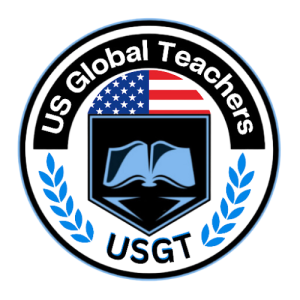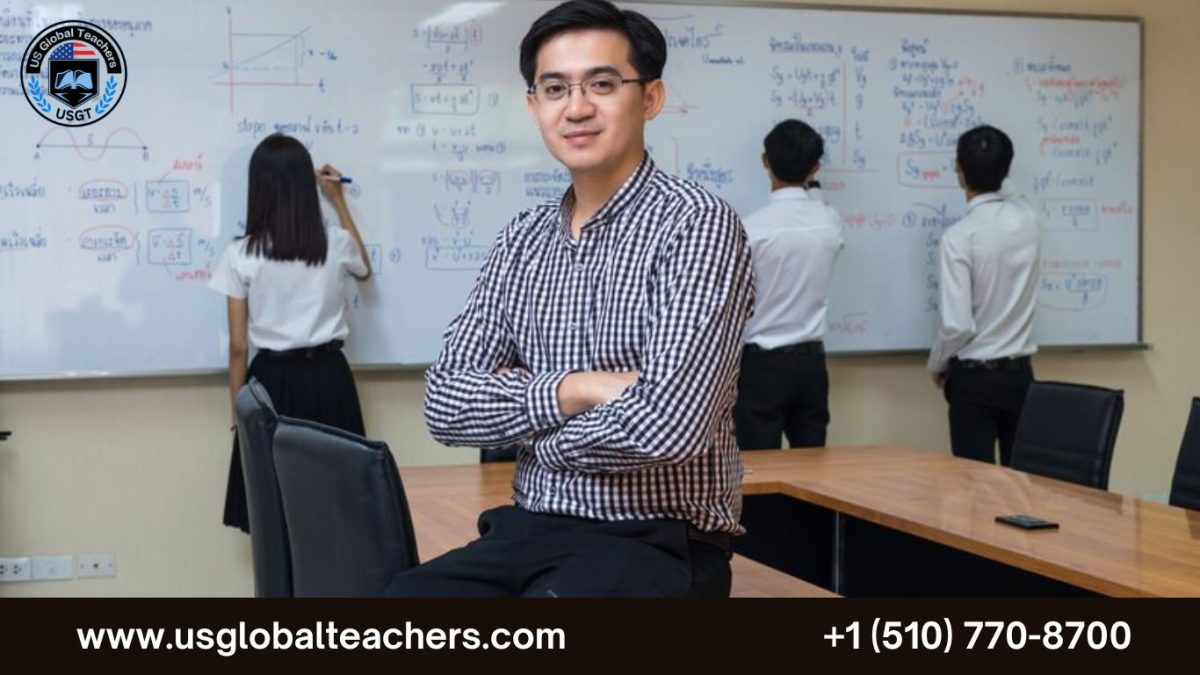The Importance and Contribution of International Teachers in the U.S. Education System
The U.S. education system achieves great advantages through international teaching staff. International educators provide new teaching methods together with multicultural background knowledge, which improves the educational value for students. The US Global Teachers dedicate themselves to creating educational spaces that support students in acquiring knowledge beyond the standard curriculum, and to developing skills necessary for international success.
Cultural Diversity in Classrooms
The biggest contribution international teachers provide to schools is their power to deliver multicultural experiences to students through classroom teachings. Through the sharing of personal traditions, students can obtain significant chances to study different cultural perspectives. By their experiences with international students, they help students to learn respect and develop adaptability and emotional skills during multicultural person-to-person communications.
International educators set up classrooms where students may experience a variety of everyday situations. The teachers include international events and histories, and worldwide stories in their teaching, which helps students expand their knowledge beyond geographic limitations. The exchange of different cultural practices creates social bonds that cultivate teamwork and respect between people while developing internationally minded students.
Enhancing Language and Communication Skills
Learning English becomes more challenging for students who were born in the United States because they speak languages other than English. International teachers help students learning English as a second language with their academic growth because of their ability to speak it. Their experience dealing with language barriers allows them to develop innovative teaching approaches that adapt to different student learning styles, thus every learner gets an opportunity to shine.
The exposure to various accents through international teachers leads to improved listening abilities in students. This variety of accents improves the communicative efficacy of English because it removes the myth that accents create barriers to communication. Students who practice listening to different accents develop stronger attention skills, which prepare them for their professional careers as well as their participation in multilingual workplaces worldwide.
Building Cross-Cultural Competence
The world moves fast, so students need fundamental skills for understanding diversity among cultures. The presence of international teachers allows students to acquire cross-cultural skills through education about international values and perspectives along with world traditions. This understanding enables better communication between people and enables successful collaboration, which leads to valuable outcomes in all aspects of international business politics and social spaces.
Globally experienced teachers educate students about the operational systems of various societies. The education they receive provides students with flexible problem-solving strategies and negotiation methods as well as decision-making methods which give them professional advantages when they start their careers.
(To advance their careers and professional improvement, Teacher Training Programs and Webinars are essential in helping educators improve their teaching skills.)
Bringing Innovative Teaching Methods
The educational experiences of international teachers provide students access to multiple educational methods they have learned in their home countries. Through working with various school systems, these educators develop innovative teaching methods beyond conventional methods. Students maintain interest and motivation because international teachers implement interactive learning sessions combined with practical applications, together with innovative problem-solving techniques.
When multiple teaching approaches are utilized, schools become capable of supporting learners with various learning preferences. Under the direction of international educators, students experience various innovative learning techniques which create successful and interesting educational experiences through hands-on work projects as well as narrative presentations and experimental studies.
Strengthening Global Connections
Students benefit from international teachers because they receive direct knowledge of world affairs through their presence. Through their collective expertise, these teachers offer distinctive opinions that exceed the conventional textbook material on cultural history, environmental concerns, and international relations. The wide range of student exposure under this system builds a worldwide perspective, which prepares future citizens to handle their responsibilities in today’s globalized world.
The presence of educators from a variety of backgrounds inspires students from all cultural and economic situations to aspire to professions in teaching. When students observe educators who reflect their cultural backgrounds, they feel empowered to work toward community-beneficial achievements.
Conclusion
International teachers play an important role in enriching the U.S. education system by bringing cultural diversity, multilingual communication skills, innovative teaching methods and global connections into the classroom. Their presence improves students’ learning experiences and prepares them for success in a mutually linked world. Among U.S global teachers, we are proud to link talented teachers around the world with U.S. schools, ensuring that students receive high-quality education. By embracing contributions from international teachers, we can create a more inclusive, dynamic and globally conscious education system for future generations.





